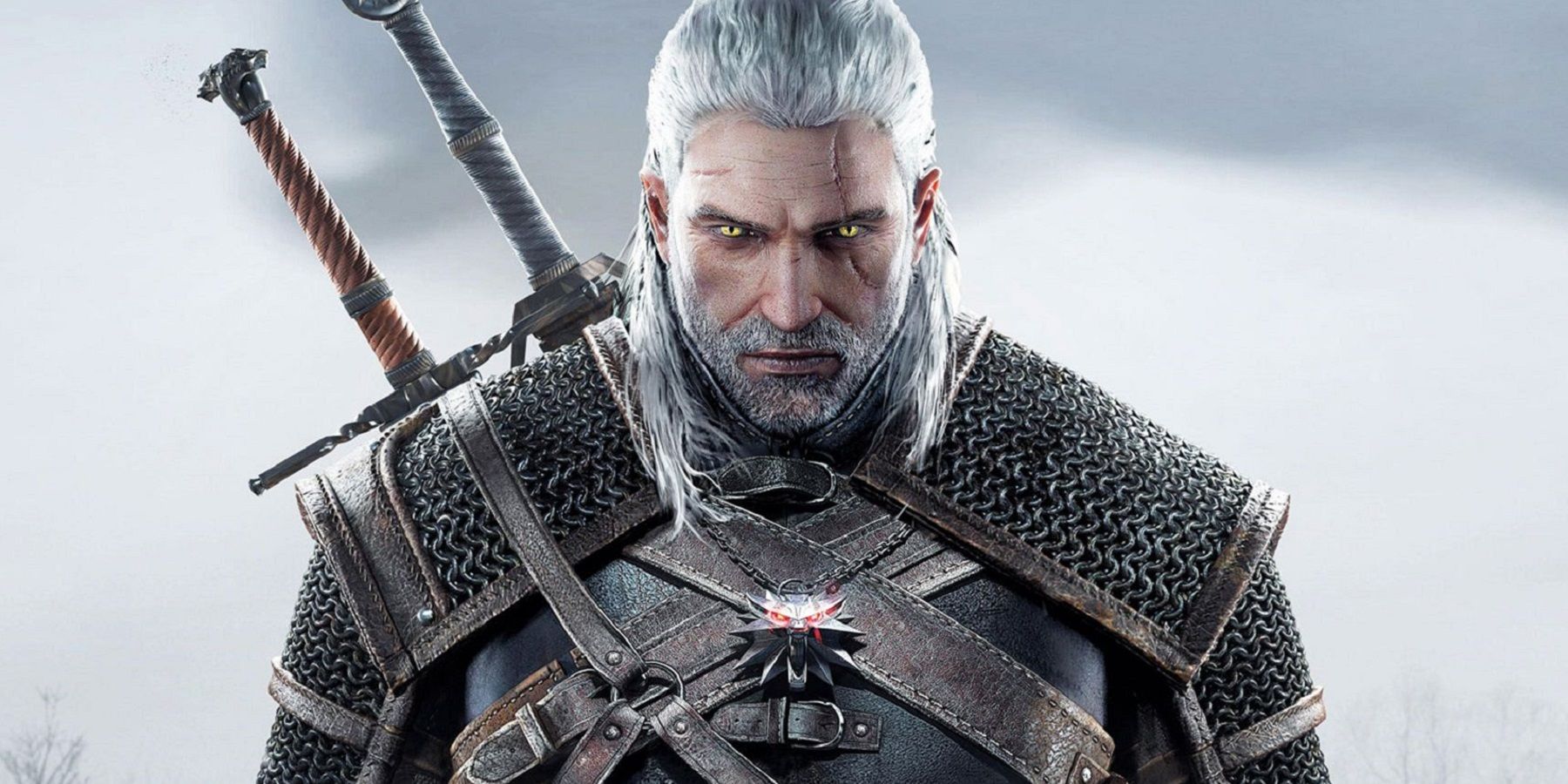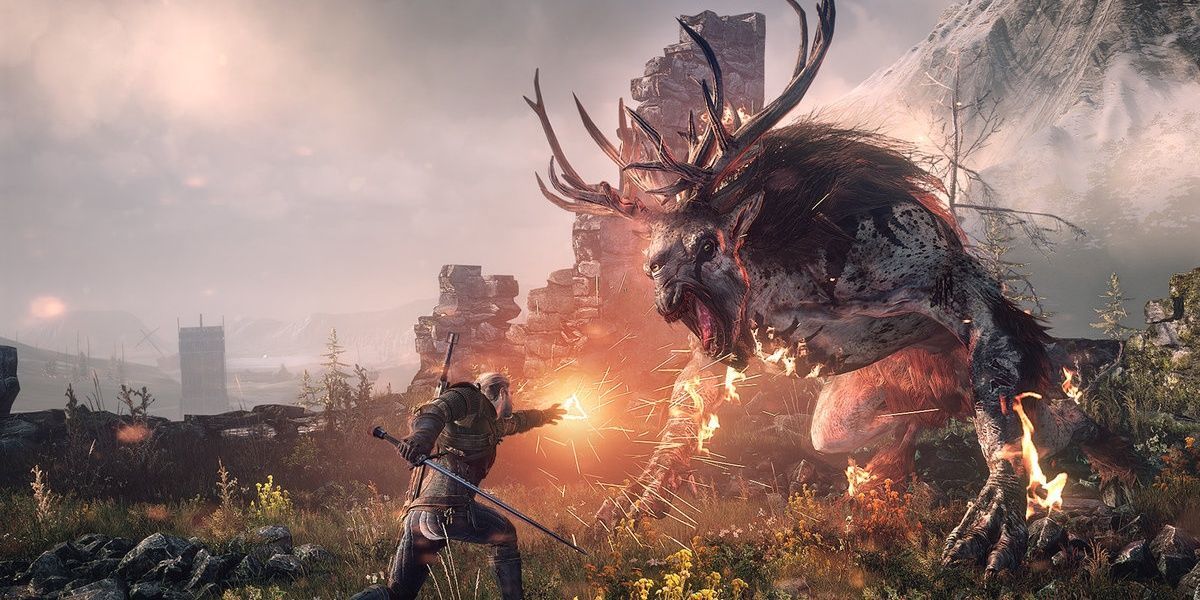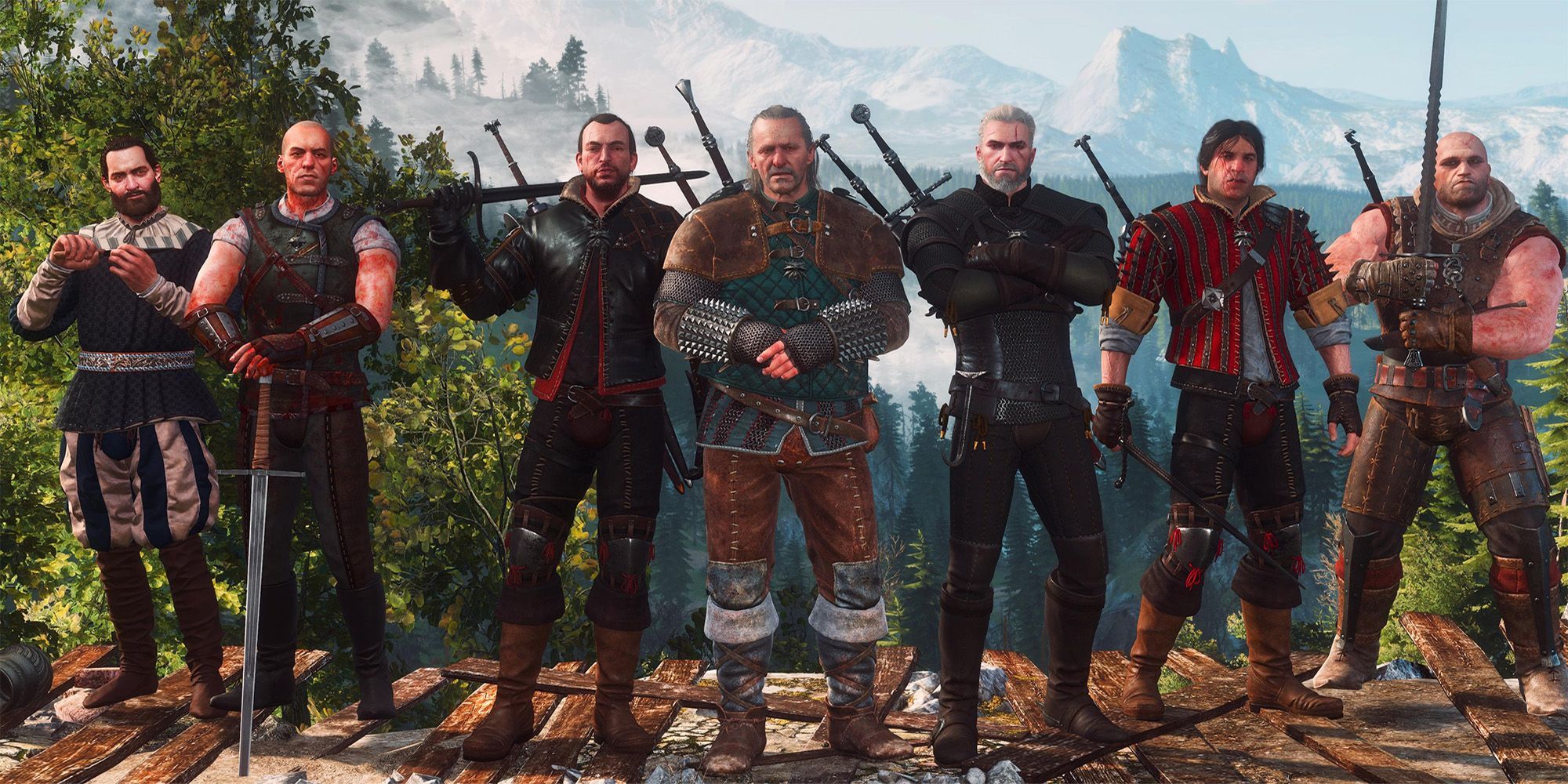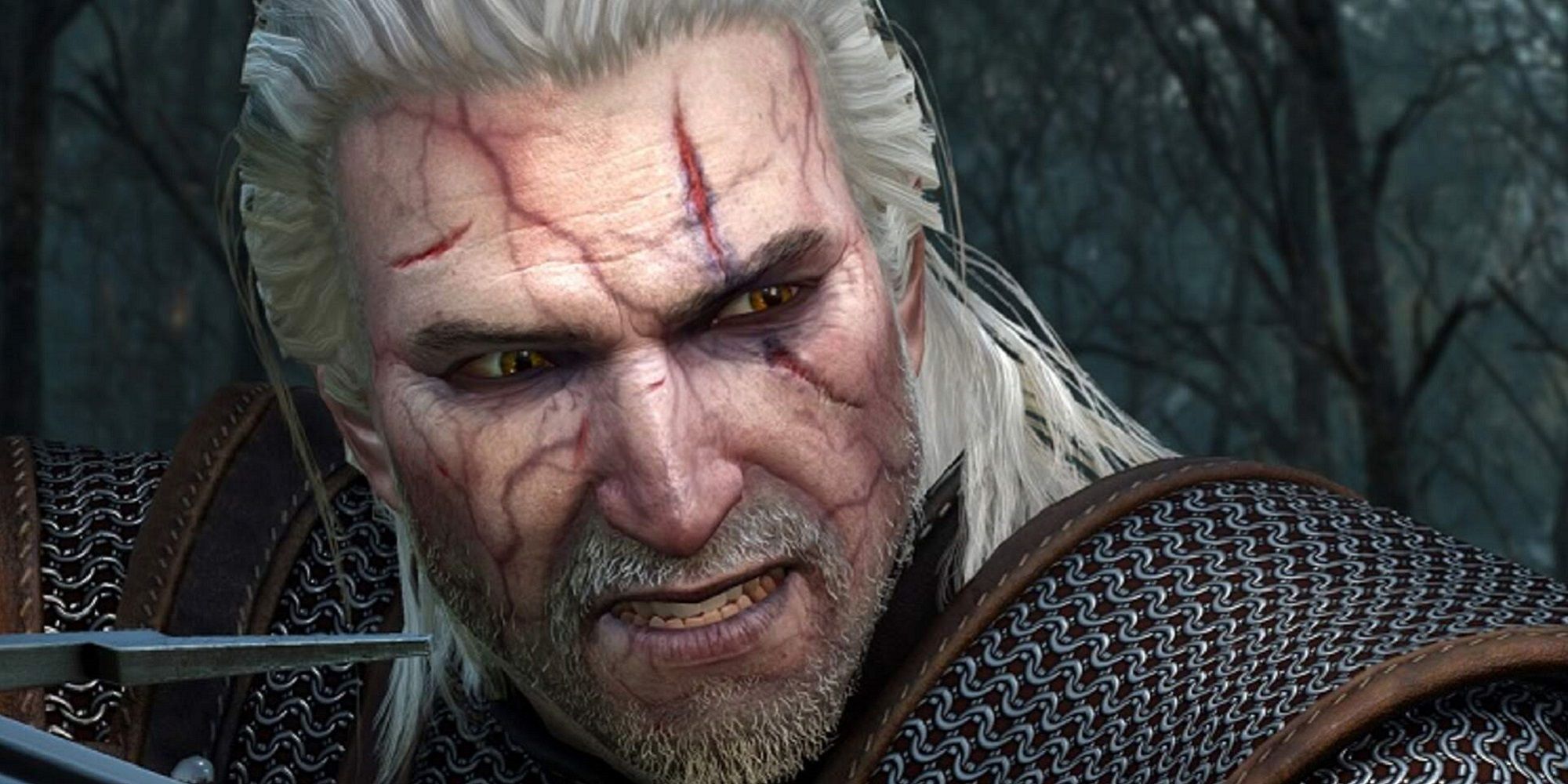I’ve always been a little bit different. No matter how hard I’ve tried to fit in, I’ve always stood out, so when I was unexpectedly diagnosed with autism shortly before my 30th birthday, everything clicked into place: I was living in a world that wasn’t designed for otherness, and I was an ‘other’. That’s part of the reason I feel such a connection to The Witcher 3.
It’s important, I feel, that I explain what I mean when I say ‘otherness’. It’s not exclusive to those with neurodivergence. Anyone can feel, and be, othered - no matter their health, age, race, religion, gender, or sexuality. However, while otherness in itself is inherently non-discriminatory, the unfortunate truth is many of those that have experienced otherness have done so because they are members of a discriminated minority.
People often tell me they wouldn’t have known I was autistic if I hadn’t told them. It’s as though I was some nefarious neurodivergent spy sent to infiltrate the allistics, and in revealing myself I’ve ruined the illusion that I am, in fact, like them. I’ve had reactions ranging from disbelief, denial, and even anger. I’ve been called inspirational; I’ve been told I should be ashamed. I am victim and villain. I’ve been called a liar, a faker, and told that I can’t have autism because I’m a woman. Anti-vax propaganda is pumped out every day telling me that I am a burden to the ones I love, that parents would rather their children die than end up like me. Organisations exist with the hope of one-day ‘curing’ autism. Have you ever been told that a fundamental part of what makes you the human that you are should be cured? I read about it at least once a day.
When people ask me to share my experience, I can’t help but feel an internal twinge of panic. How do you explain something that is so unquantifiable to someone, and then have them understand that it’s just your experience - because every person with autism is different? How do you explain that your very existence is offensive to some, infantilized by others, and that erasing you is something people dedicate their lives to? Most often I go with the simple answer: I just tell them to play The Witcher 3.
This is usually the part where people remind me that none of the characters in The Witcher 3 are autistic, but that’s not the point I’m trying to make. In Geralt and the other witchers I found kindred spirits. For once in my life, I felt seen.
Rumours, myths, and misinformation have cast the monster-hunters as unfeeling, emotionless, and dangerous. In-game literature describes witchers as inhuman, foul, and unscrupulous beings that are to be avoided at all costs. Becoming a witcher, for some, is a fate worse than death. Sound familiar yet?
CDPR has created a rich in-game experience for players to immerse themselves in, and it forces them to see the world from the perspective of an other. From very early in the game, the player experiences the ostracism of witchers through backhanded comments, insults muttered under their breath, and abuse hurled at Geralt just for existing. It’s hard not to recognise the constant and wearing microaggressions of the NPCs within the game. Even those who are favourable to witchers are still capable of ignorant beliefs about them, something neurodivergent people also have to endure.
The negative sentiments afforded to witchers stem not from the horrors that have been inflicted upon them as children, but from what their creation represents: a threat to the concept of what humanity should look like. Witchers aren’t quite human, but they look close enough that it triggers a negative response. These fears are compounded by age-old rumours perpetuated as fact that further differentiate witchers from normality. Incapable of human emotion, cold-hearted, self-involved, unable to love: all traits attributed to people with autism too.
As the game proceeds and we learn more about Geralt and the other witchers, we see these myths as falsehoods. They are not purely motivated by greed or self-interest - they are all multi-faceted individuals with their own stories to tell. They are capable of the full spectrum of human emotions, can fall in love, and can be selfless. They are victims of misinformation, fear-mongering, and persecution of otherness; and we, as the player, experience that with them.
While I can’t ever truly share my experience of otherness, The Witcher 3 can allow players to experience life as an other. Anyone who plays the game experiences bias against otherness, and every player will respond to those biases differently. Whether you attribute the in-game experiences to otherness experienced in your own life or are a tourist in the realm of being the other, The Witcher 3 is a great way to explore how we navigate those experiences.




